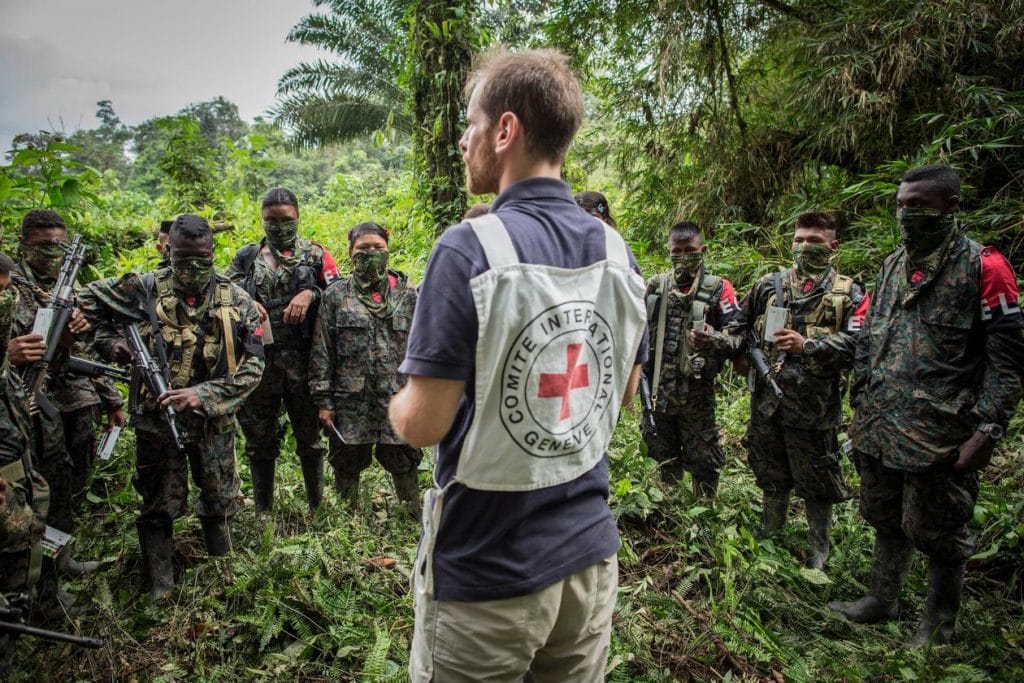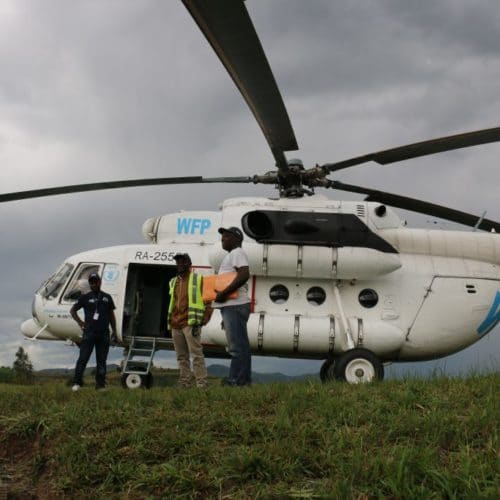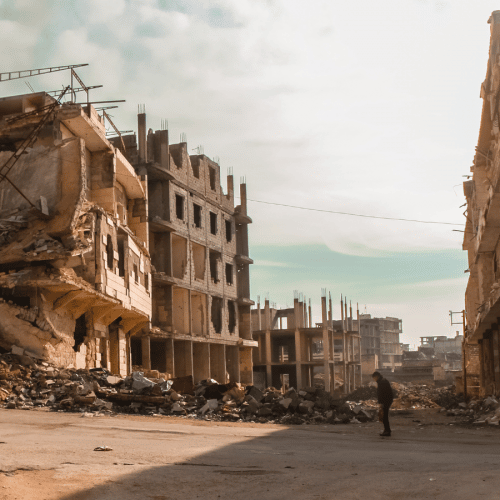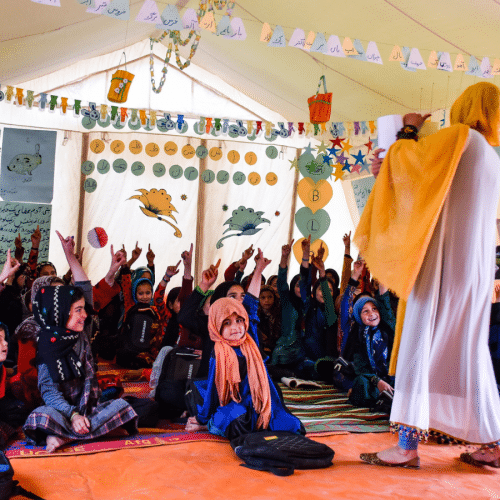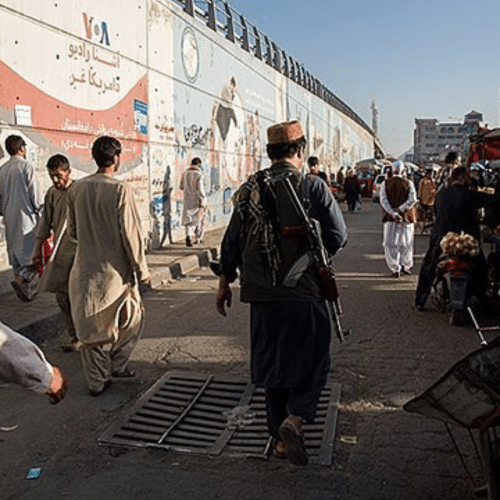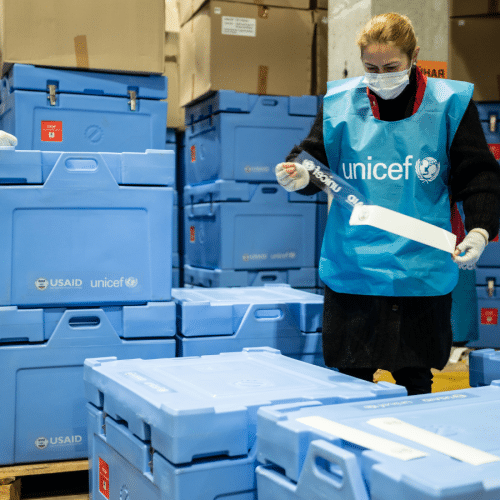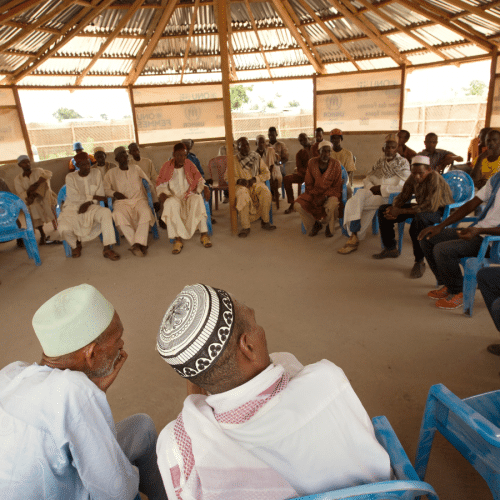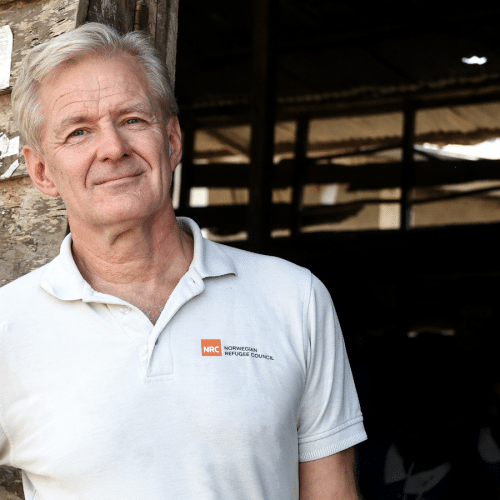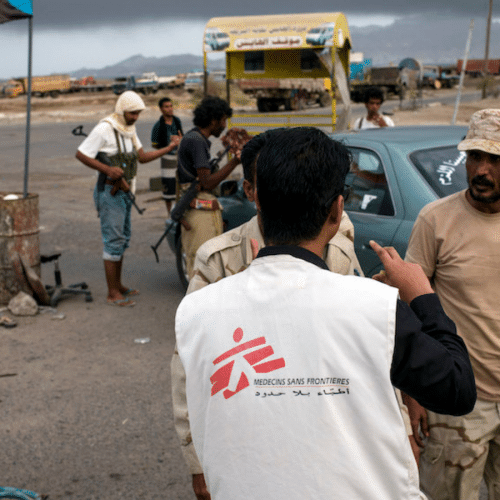Humanitarian action relies on negotiations with counterparts at local, national and international levels. These negotiations are filled with ethical dilemmas like cooperating with war criminals and repressive regimes, striking deals that favour certain social groups and accepting agreements that put the lives of local staff at risk.
Led by Kristoffer Lidén, Senior Researcher at the Peace Research Institute Oslo (PRIO), this project will map problems related to the ethics of negotiation and cross examine these challenges through cases from Syria, Bangladesh, Colombia, Nepal, the Mediterranean and the UN Security Council.
Kristina Roepstorff is Deputy project leader in a part-time PRIO capacity. The project team also includes NCHS Co-Director, Maria Gabrielsen Jumbert (PRIO), along with Carsten Wieland (PRIO), Zenonas Tziarras (PRIO Cyprus Centre), Sulagna Maitra (Network on Humanitarian Action (NOHA), University College Dublin), Claude Bruderlein (Centre of Competence on Humanitarian Negotiation), Manuel E. Salamanca Rangel (Institute of Human Rights and Peacebuilding, Pontificia Universidad Javeriana, Bogotá), Pitambar Bhandari (Department of Conflict, Peace and Development Studies, Tribhuvan University, Kathmandu), Emanuela-Chiara Gillard (Oxford Institute for Ethics, Law and Armed Conflict, University of Oxford), and Lars Christie (Department of Law, Inland Norway University of Applied Sciences).
The Centre of Competence on Humanitarian Negotiation – a collaboration between the ICRC, UNHCR, WFP, MSF and the Centre for Humanitarian Dialogue – will be actively involved in consultation and training activities. The project team will also develop online university courses at MA and PhD levels and professional trainings.
The project is hosted by the PRIO in association with the Norwegian Centre for Humanitarian Studies (NCHS).






